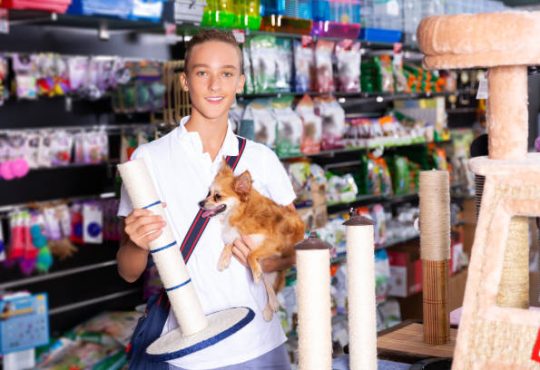
Mistakes in care of your dog
Taking care of a dog is a rewarding experience, but it’s important to be aware of common mistakes that dog owners can make. Here are some potential errors to avoid when caring for your dog:
- Inadequate Exercise: Dogs need regular exercise to stay healthy and happy. Failing to provide enough physical activity can lead to obesity, behavioral problems, and health issues.
- Poor Nutrition: Feeding your dog a balanced and nutritious diet is crucial for their well-being. Avoid feeding them excessive treats or human food that may be harmful. Consult with your veterinarian to determine the best diet for your dog’s age, size, and health condition.
- Neglecting Veterinary Care: Regular veterinary check-ups are essential for preventive care. Skipping vaccinations, dental care, and regular examinations can lead to undetected health issues.
- Ignoring Dental Health: Dental care is often overlooked, but it’s crucial for your dog’s overall health. Poor dental hygiene can lead to dental disease and other health problems. Regular tooth brushing and providing dental chews can help maintain oral health.
- Lack of Socialization: Dogs are social animals and need to be exposed to various people, environments, and other dogs from an early age. Inadequate socialization can lead to fear, anxiety, and aggression issues.
- Overlooking Training: Consistent training is essential for a well-behaved dog. Failure to train your dog can result in behavioral problems, making it challenging to manage them in various situations.
- Inadequate Grooming: Depending on the breed, dogs may require regular grooming to prevent matting, skin issues, and other problems. Neglecting grooming can lead to discomfort and health issues.
- Leaving Toxic Substances Accessible: Dogs are curious and may investigate their surroundings by chewing or ingesting items. Ensure that harmful substances, such as certain plants, chemicals, and foods, are kept out of reach.
- Not Providing Mental Stimulation: Dogs need mental stimulation to prevent boredom and destructive behavior. Interactive toys, puzzle feeders, and regular playtime can keep your dog’s mind engaged.
- Neglecting Parasite Prevention: Regularly administer flea, tick, and worm prevention measures to keep your dog free from parasites. These pests can cause discomfort and transmit diseases.
- Leaving Dogs Unsupervised in Unsafe Environments: Dogs left alone in potentially hazardous environments can get into trouble. Ensure your home and yard are safe for your dog, and use appropriate containment measures when needed.
- Ignoring Signs of Illness: Dogs can’t communicate when they’re not feeling well, so it’s essential to be attentive to changes in behavior, appetite, and activity levels. If you notice any abnormalities, consult with your veterinarian promptly.
Remember that every dog is unique, and individual needs may vary. Regular communication with your veterinarian, proper training, and providing a loving and stimulating environment will contribute to a happy and healthy relationship with your canine companion.




